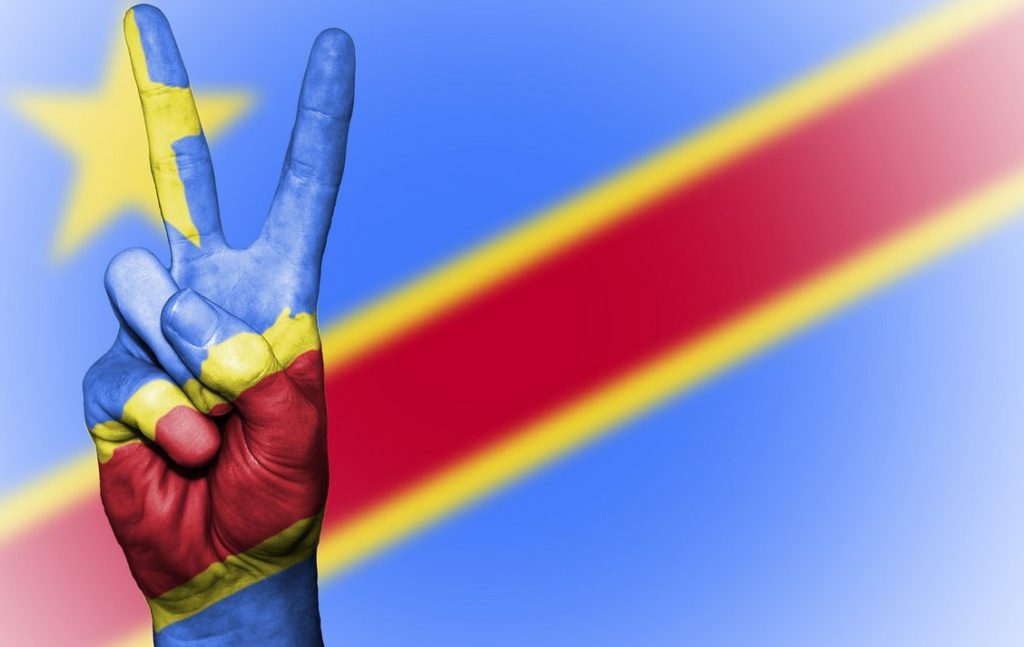 Op-Ed by Emily Thompson
Op-Ed by Emily Thompson
The terrorist attack on a Uganda school by a rebel group that killed at least 38 students and three adults is a sign that all is not quiet on that front. The attack took place at Lhubiriha Secondary School in the town of Mpondwe western Uganda, close to the border with the Democratic Republic of Congo (DRC). Officials blamed the attack on the Allied Democratic Forces (ADF), a terrorist group which has sworn allegiance to ISIS.
ADF rebels have been involved in a series of attacks in the Democratic Republic of Congo (DRC) over the years. The ADF is an armed group that originated in Uganda in the 1990s and later expanded its activities into eastern DRC. Their attacks have targeted various locations and entities. The group has been responsible for numerous attacks on civilian populations, resulting in significant loss of life and displacement. They have targeted villages, towns, and refugee camps, carrying out massacres, abductions, and acts of violence against innocent civilians.
ADF rebels have frequently clashed with Congolese military and UN peacekeeping forces in the region. These clashes have often resulted in casualties on both sides and have posed challenges to the security situation in the affected areas.
They have targeted infrastructure, such as schools, health centers, and roads, aiming to disrupt public services and undermine stability in the region. They have also destroyed or damaged buildings and infrastructure vital for the local population’s well-being.
Eastern DRC is rich in natural resources, including minerals like gold, coltan, and diamonds. Deeply troubling is the fact that the ADF has been involved in illegal mining activities, exploiting these resources to fund their operations and sustain their activities.
It’s important to note that the ADF’s motives and actions have evolved over time, and their attacks have had severe humanitarian consequences in the affected regions. Efforts by the Congolese government, regional partners, and international organizations are ongoing to address the security challenges posed by the ADF and bring stability to the affected areas.
But it may not be enough.
The international community can and should play a crucial role in supporting the DRC in its efforts to fight against the ADF rebels and bring stability to the affected regions. International partners can offer security cooperation by providing intelligence sharing, technical assistance, and training to Congolese security forces. This support can help enhance the capacity of the national military and police to effectively combat the ADF and other armed groups.
The United Nations Organization Stabilization Mission in the DRC (MONUSCO) has been deployed in the country to help maintain peace and security. International partners can contribute troops, logistical support, and financial resources to strengthen MONUSCO’s mandate and effectiveness in combating the ADF rebels.
Countries can provide humanitarian assistance to support affected populations in the region. This can include funding for food, water, healthcare, shelter, and other essential services. Adequate humanitarian aid can help alleviate the suffering of displaced persons and address the needs of vulnerable communities.
Supporting the DRC government in building institutional capacity is vital for long-term stability. International partners can assist in strengthening governance structures, promoting the rule of law, and improving the justice sector. Capacity building initiatives can also focus on enhancing local administration, promoting community engagement, and addressing socio-economic challenges that contribute to the conflict.
Leaders can engage diplomatically with regional actors to foster cooperation and a coordinated response to the ADF threat. This includes diplomatic efforts to encourage dialogue, mediation, and peace negotiations between the DRC government and armed groups. International pressure can also be applied to disrupt the ADF’s financial networks and prevent the flow of resources that sustain their activities.
Collaboration with neighboring countries, such as Uganda and Rwanda, is crucial due to the ADF’s cross-border activities. Joint efforts to secure borders, share information, and coordinate operations can significantly weaken the ADF’s operational capabilities.
To address the underlying factors driving the conflict, efforts should be made to support sustainable development initiatives, including poverty reduction, access to education, job creation, and economic diversification. By addressing these root causes, there is a better chance of creating an environment that is less conducive to the growth and influence of armed groups like the ADF.
It is essential for the international community to work closely with the DRC government and regional partners to develop a comprehensive and coordinated approach in combating the ADF rebels. By combining efforts in security, humanitarian aid, capacity building, diplomacy, and addressing root causes, there is a greater likelihood of achieving lasting peace and stability in the affected regions.
Image: Pixabay
Become a Patron!
Or support us at SubscribeStar
Donate cryptocurrency HERE
Subscribe to Activist Post for truth, peace, and freedom news. Follow us on SoMee, Telegram, HIVE, Flote, Minds, MeWe, Twitter, Gab, What Really Happened and GETTR.
Provide, Protect and Profit from what’s coming! Get a free issue of Counter Markets today.

Be the first to comment on "The International Community Must Help The DRC Fight Terrorism"